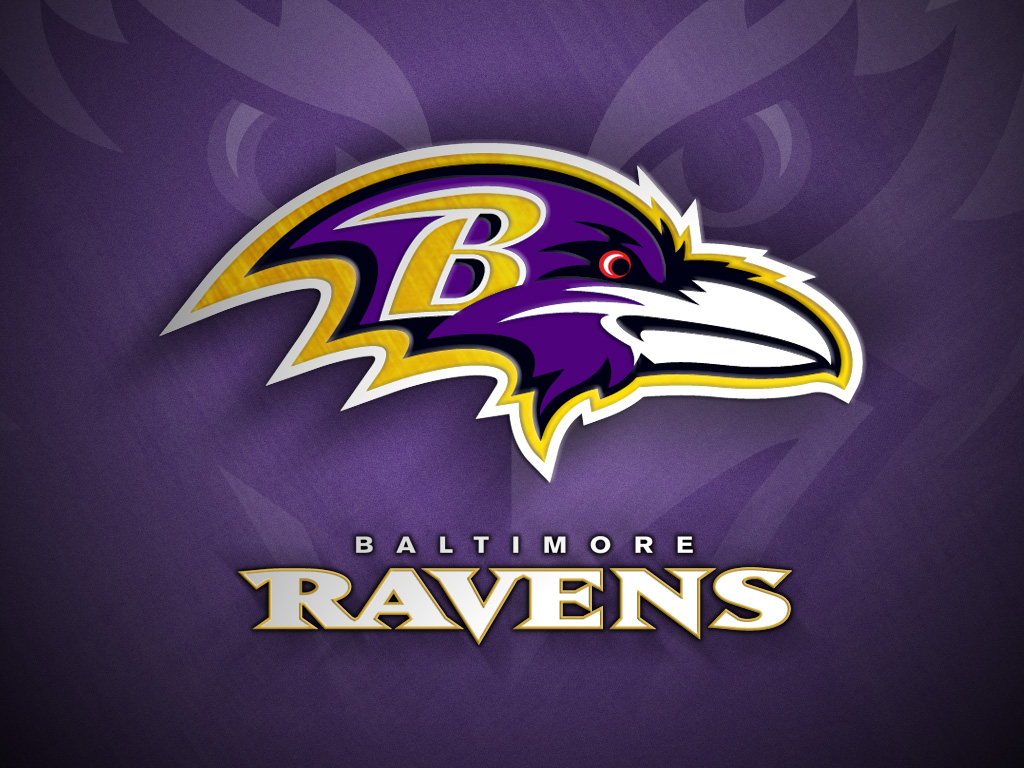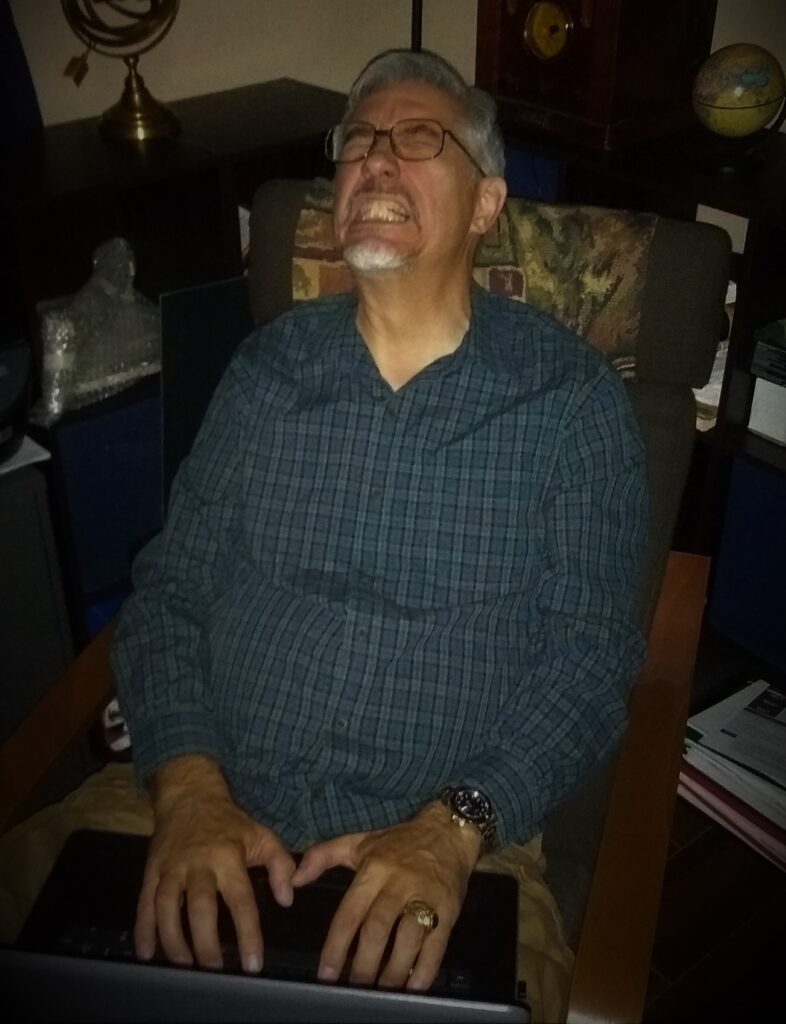Teams in the National Football League received their names in various ways, but most don’t derive from literary references.
The Baltimore Ravens stand out as a sole exception. Taken from the mysterious talking bird of the Edgar Allan Poe poem, that team name epitomizes the city where Poe lived.
What works for Baltimore might work for other NFL cities as well. Let’s find out what could happen if they left team-naming up to fiction writers.
Arizona
The Cardinals would become the Arizona Thrillers. Adventure author Clive Cussler lived in Arizona.
Atlanta
Replacing the Falcons are the Atlanta Argonauts, named for Rick Riordan’s book The Mark of Athena, which is set in Atlanta and features a trireme named Argo II.
Buffalo
Writers would cross out the name Bills and write in the Buffalo Rangers. Writer Fran Striker, creator of the Lone Ranger, was born in and lived in Buffalo.
Carolina
In place of the Panthers, this team becomes the Carolina Crawdads. Delia Owens’ Where the Crawdads Sing is set in North Carolina.
Chicago
Writers need something fiercer than Bears. Instead, meet the Chicago Tyrannosaurs. Author Michael Crichton, born in Chicago, wrote Jurassic Park.
Cincinnati
Let’s replace Bengals with the Cincinnati Werewolves. Kim Harrison wrote The Hollows series, which is set in Cincinnati and contains werewolves.
Cleveland
Fiction writers could come up with a better name than Browns. How about the Cleveland Hellcats? Marie Vibbert, born and living in Cleveland, authored Galactic Hellcats.
Dallas
How ‘bout something other than them Cowboys? Writers would substitute the Dallas Vampires, since Charlaine Harris, who lives in Texas, wrote Living Dead in Dallas, which is set in Dallas.
Denver
For writers, the name Broncos won’t do. They’d choose the Denver Doomsdays, since Connie Willis was born in Denver and wrote Doomsday Book.
Detroit
Rather than Lions as a team name, writers would select the Detroit Wheels. Arthur Hailey’s novel Wheels was set in Detroit.
Green Bay
Could fiction writers surpass the name Packers? I think so. How about the Green Bay Starshooters? Not only does author Jason Mancheski live in Green Bay, but his book Shoot for the Stars is about the city’s football team.
Houston
Rather than Texans, writers might opt for the Houston Battleships, since author Daniel da Cruz penned The Ayes of Texas, a novel set partly in Houston.
Indianapolis
For this football city, fiction writers would replace Colts with the Indianapolis Titans (sorry, Nashville). The name is more appropriate here because Kurt Vonnegut, author of The Sirens of Titan, was born in Indianapolis.
Jacksonville
Writers might replace Jaguars with the Jacksonville Alligators. Diana K. Kanoy wrote She Swims with Alligators. Though not fiction, it is set in Florida.
Kansas City
For authors, this one’s obvious. Leave the name Chiefs aside and substitute the Kansas City Twisters. L. Frank Baum’s book The Wonderful Wizard of Oz, with its introductory tornado, is set in Kansas.
Las Vegas
Here, writers might swap the name Raiders with the Las Vegas Miners, to honor Mark Twain’s book, Roughing It, a partly true tale of silver mining in the Territory of Nevada.
Los Angeles
The City of Angels hosts two NFL teams. Writers would retreat from the name Chargers and forge ahead with the Los Angeles Demons. After all, William Peter Blatty lived near LA and wrote The Exorcist.
Los Angeles
Rather than the Rams, the other LA team should be renamed the Los Angeles Martians. Ray Bradbury lived much of his life near LA and authored The Martian Chronicles.
Miami
Writers would choose a harder-hitting name than Dolphins. How about the Miami Punchers? Elmore Leonard’s Rum Punch is set in Miami.
Minnesota
Some residents of the North Star State might prefer the Vikings, but writers would call that team the Minnesota Wobegons. Lake Wobegon Days, by Garrison Keillor, is set in Minnesota.
New England
Since the Patriots were named for a region, rather than a specific state or city, that gives writers some latitude to re-name the team the New England Cthulhus. Rhode Island is part of New England, and author H.P. Lovecraft, creator of the Cthulhu Mythos, was born and lived there.
New Orleans
Here, writers would replace the name Saints with the New Orleans Steamboaters. Mark Twain’s Life on the Mississippi, includes descriptions of New Orleans.
New York
With two teams in New York City, let’s go alphabetically and rename the Giants first. Writers might choose the New York Atlases, since author Ayn Rand, who wrote Atlas Shrugged, lived in NYC.
New York
As for the Jets, the New York Bombardiers seems appropriate. Joseph Heller was born and lived in NYC, and wrote Catch-22, about WWII bombardiers.
Philadelphia
The literary crowd wouldn’t go for Eagles, and might instead select a name requiring a change in the team’s colors—the Philadelphia Purple Riders. Having gone to college in Philadelphia, Zane Grey wrote Riders of the Purple Sage.
Pittsburgh
The other Pennsylvania team needs a name change from the Steelers. Writers would call it the Pittsburgh Furies. Stephen King’s novel Christine is set in Pittsburgh and involves a Plymouth Fury.
San Francisco
In replacing the 49ers name, writers would go for the San Francisco Wolfdogs in honor of Jack London’s White Fang. London was born in San Francisco.
Seattle
Ditch the Seahawks name. Authors have a better one in mind. They’d like the Seattle Boneshakers. This honors Cherie Priest, whose novel Boneshaker: A Novel of the Clockwork Century is set in Seattle.
Tampa Bay
This team wouldn’t be the Buccaneers any more after writers got their blue pens out. They’d rename the team the Tampa Bay Cannoneers. After all, Jules Verne had his characters build a gigantic cannon near Tampa in his novel From the Earth to the Moon.
Tennessee
Earlier, I stole the name Titans from Tennessee and gave it to Indianapolis. Writers would rename this team the Tennessee Devils. Jaden Terrell’s novel Racing the Devil is set in Nashville.
Washington
Some in the District want to change the name from the Commanders anyway. If they let writers pick, they might come up with the Washington Scorpions. Lisa Howorth’s novel Summerlings is set in D.C. and involves scorpions.
There. I’ve done the hard part. Others can come up with team logos, uniform designs, and characteristic colors. If any NFL teams desire a name makeover based on literary references, feel free to contact—
Poseidon’s Scribe



